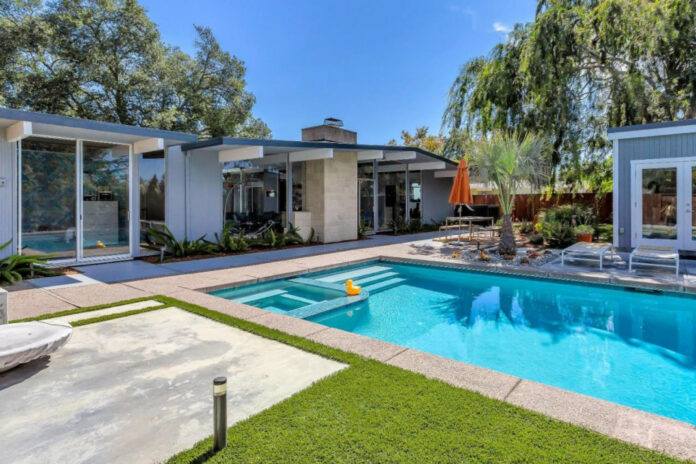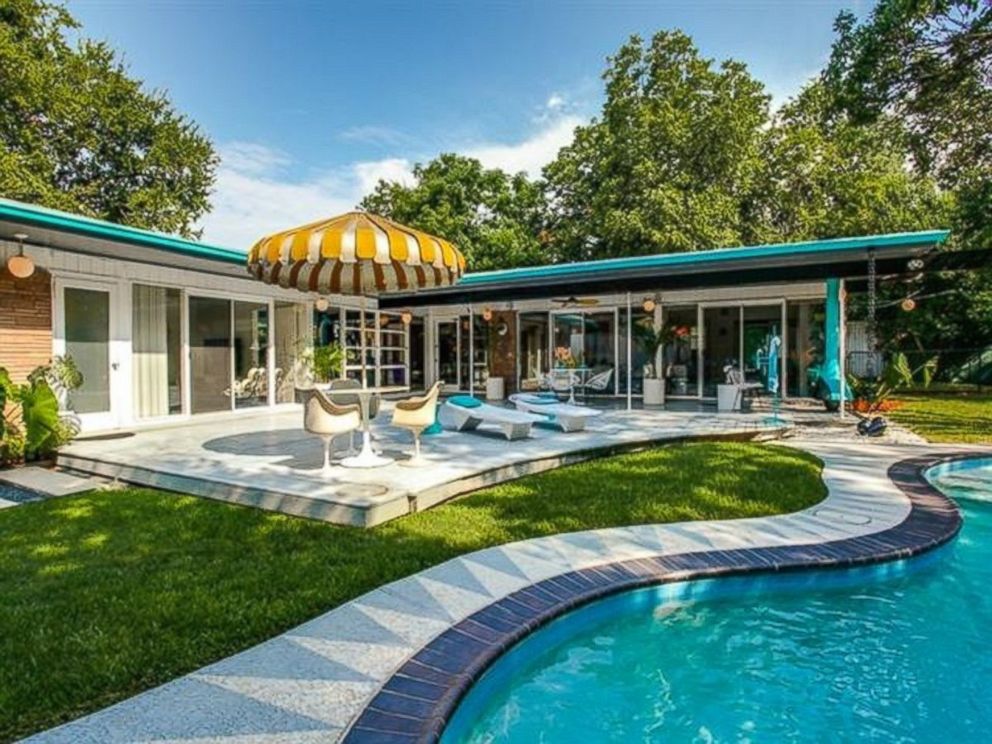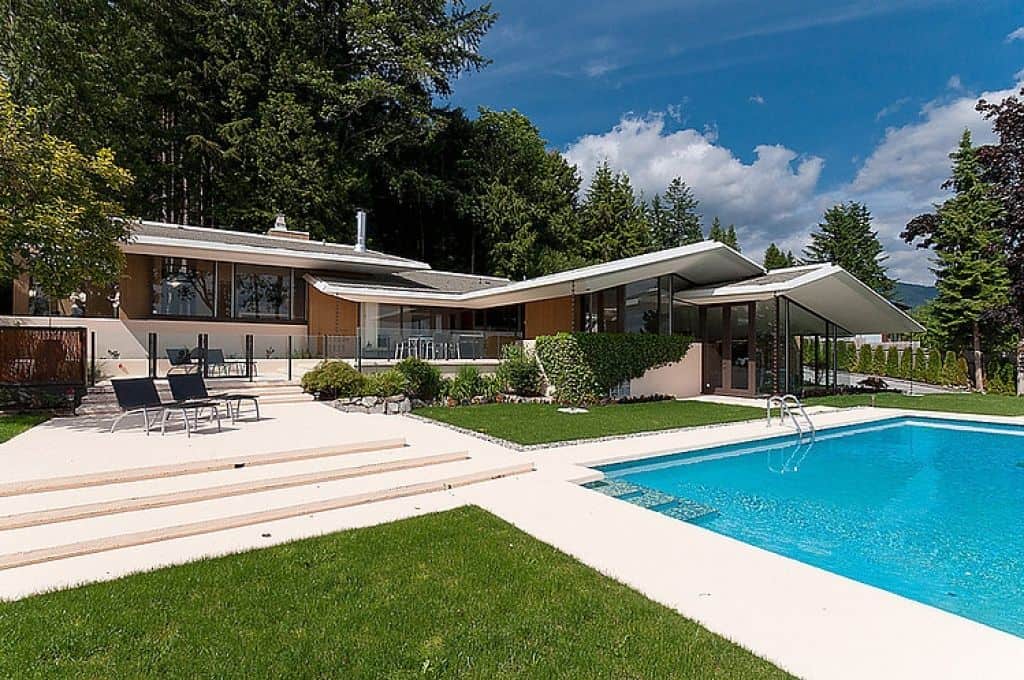Purchasing a villa is a huge investment! Make sure you’re ready for it – here’s some essential information for owning a villa.
Do you have the means to live comfortably?
If so, you’re probably thinking of investing in a home that is far superior to where you live now. If you’ve thought of living in a villa, you’re in luck.
While you need considerable wealth to own such a home, it’s not impossible to purchase one. You don’t have to belong to an elite class to own a comfortable, beautiful, gated country estate. Read on to learn everything you should consider before purchasing a villa.
1. What Is a Villa Anyway?
Are you considering buying a villa just because you like the idea of owning one? There’s no shame in chasing opulence and luxury.
But since villas typically cost a pretty penny (roughly around 1.23 million dollars on average in the United States), it’s worth knowing exactly what you’re investing in.
The History of Villas
The meaning of the word “villa” has evolved over the ages, but one constraint was always true: a villa meant luxury.
In the days of the Roman Empire, stately families owned summer homes in the country. Those luxurious estates with rich grounds were called villas.
these summer homes were very much a symbol of status and power in ancient Rome. The Roman statesman, Cicero, for instance, bragged about his seven villas, as did many other men of his stature.
2. How Are Villas Different From Mansions?
Mansions are luxurious, grand homes as well. In fact, a villa may also be a mansion in terms of its aesthetics and its architecture.
The main difference between a mansion and a villa is in how each are managed. If you purchase a villa, you’re buying a property that is being managed for you as part of a larger community. On the other hand, if you purchase a mansion, it is your sole responsibility to take care of your home and your grounds.
A villa is a part of a self-sufficient community in many cases. A mansion is a detached home. If you want housekeepers, chefs, or groundskeepers, you have to hire this staff on your own as a mansion owner. If instead, you buy a villa, all of the management services are rolled into your price. This can be a major perk of owning a villa.
3. Think About the Property Fees
Since a villa is most often a home on a shared and managed larger property, a homeowner’s organization may be part of the package deal. Much like a homeowner’s association in an apartment building or condo, villas have an organized body to run the management of the common services and areas that each owner can take advantage of.
For instance, the home owner’s association in your new villa may be in charge of hiring and training your concierge service or security detail. It may also be in charge of retaining chefs and butlers.
This type of organization is common in villas based in the United States, though this may not be the case in other countries. If your villa comes with a home owner’s association, you are likely to incur additional property or home owner’s association fees. Those fees can be rolled into your mortgage payments for your convenience.
However, if you’re not paying a monthly mortgage, you have to budget for and remember to pay this monthly or annual fee.
4. Think About Location
Did you know that villas mean slightly different things in different cultures?
While there is a common understanding across cultures that villas are luxuriant, if you try to purchase a villa in Great Britain, it would be drastically different from the one purchased in the United States.
In Great Britain, for instance, middle-class citizens refer to private detached country homes as villas.
Meanwhile, in the United States, a villa is a home within a gated community whose grounds are shared and managed with other homes of equal prestige. A US villa might have managed services much as a hotel does. For instance, while living in such a home, you might be able to take advantage of a concierge service or a shared cleaning staff. You might even have a food service on your grounds.
Villas are more common in Europe, though they are often used as vacation homes in the US. Australia is also home to many rich countryside estates that qualify as villas.
Now that you know the difference between the meaning of a villa in each region or country, where would you like to settle down? Depending on where you’re interested in purchasing your villa, you have to understand the market as well as what is being included in your purchase price. Before you sign on the dotted line, ensure that you know the limits of your property, as well as whether you are expected to contribute additional common upkeep once the deed of the villa is turned over to you.
5. Would This Be Your Forever Home?
Are you hoping to live in your villa on a regular basis?
Traditionally, the owners of villas used them as second homes, usually for the purpose of a summer getaway. However, it’s perfectly acceptable to live in a villa year-round.
the perks of living in a villa as your primary residence is that you can take advantage of those extra built-in services (gated security, for instance). You also don’t have to pack up and leave your home for an extended vacation, especially if you choose to settle in a mild climate. Living in a villa, after all, is meant to be relaxing and luxurious whether you do so temporarily or year-round.
If your villa is to become your forever home, make sure you settle in a place you truly enjoy. Be sure that you can withstand the climate (summers are brutal in Florida, for instance), and learn as much as you can about your neighbors within your villa community. If you’re paying to live in this type of home, you should enjoy utmost comfort rather than discord or distress.
Are You Ready to Purchase Your New Home?
Whether you’re in search of your forever family home or just a stunning vacation property, a villa is just the type of home you’re looking for. As long as you’re not planning to live above your means and you have considered all of the above points,
It’s time to make that all-important purchase.
If you need to remodel a home or purchase an entirely new one, browse our blog for helpful tips and tricks. Our advice will bring you a lot of inspiration and will teach you how to live well on less cash.





















